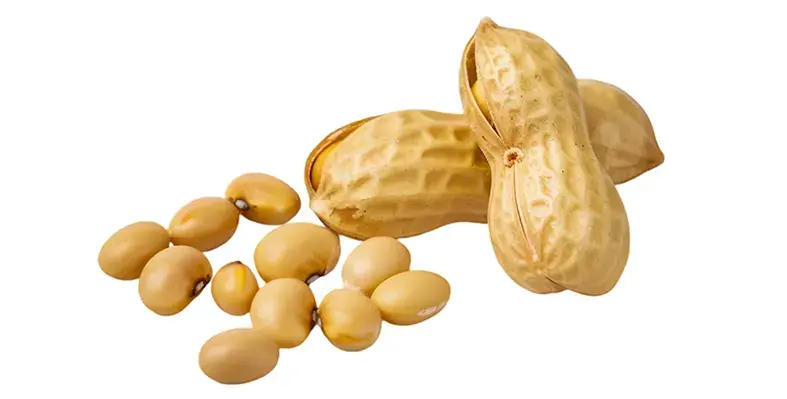Malawi stands at a turning point in its agricultural history, with the potential to double its export revenues in the next decade by moving away from its longstanding dependence on tobacco
The Alliance for a Green Revolution in Africa (AGRA) is championing this transformation by focusing on alternative crops such as soybeans, groundnuts, and horticulture.
Following a recent visit, Jonathan Said, AGRA’s Vice President and Head of its Centre of Technical Expertise, told Nyasa Times that Malawi has "a once-in-a-generation opportunity" to restructure its agriculture sector. The shift could help the country reduce its reliance on tobacco and tea for foreign exchange, while opening up significant opportunities in other crops.
“Soybeans and groundnuts have the potential to be larger than tobacco in terms of forex earnings and to create youth work opportunities on a large scale,” Said explained. “If Malawi can coordinate across government, private sector and farmer groups, export revenue could double in the next 5-10 years.”
AGRA is already working closely with the Ministry of Agriculture and private sector stakeholders to advance research, strengthen regulations—including the Seed Law—and support the Mega Farms initiative, which has the potential to reshape both food security and export capacity.
Crucially, AGRA is also investing in building stronger value chains around soy and groundnuts. These chains aim to connect farmers with agro-processors producing high-demand products like soy milk, peanut butter, cooking oil, baby food, animal feed, and even industrial emulsifiers.
“These value chains are critical not just for export earnings, but also for nutrition, soil health, women’s empowerment and climate adaptation,” Said noted.
AGRA’s broader strategy is structured around three key areas: mega farms of 20–100 hectares serving as hubs for smallholder outgrowers; anchor firms that connect farmers to financial institutions and consumer markets; and seed system reforms to ensure availability of high-yielding, drought-tolerant varieties.
“You cannot have commercialisation and agro-industrialisation without anchor firms,” Said emphasised. “And you cannot build competitive value chains without fixing seed supply.”
AGRA is also targeting Malawi’s youth. Through initiatives like YEFFA (funded by the Mastercard Foundation) and the Malawi Agricultural Cluster Initiative (backed by Norway), thousands of young people are being mobilised, trained, and connected to land, finance, and agribusiness opportunities.
Said, who served as an economic advisor in Malawi’s Ministry of Industry and Trade from 2011 to 2014, stressed the importance of national leadership in steering this transformation.
“The presidency has the power to align actors and keep focus on solving bottlenecks in extension, seeds, digitalisation, mechanisation and finance,” he said. “We’ve seen glimpses of this through the President’s Delivery Unit and the National Planning Commission, but it needs to be accelerated.”
Despite challenges like climate change and global market uncertainty, Said remains optimistic.
“Malawi has all the ingredients. With leadership, focus and coordination, agriculture can finally become the engine of inclusive growth that Malawians have long been waiting for.”





